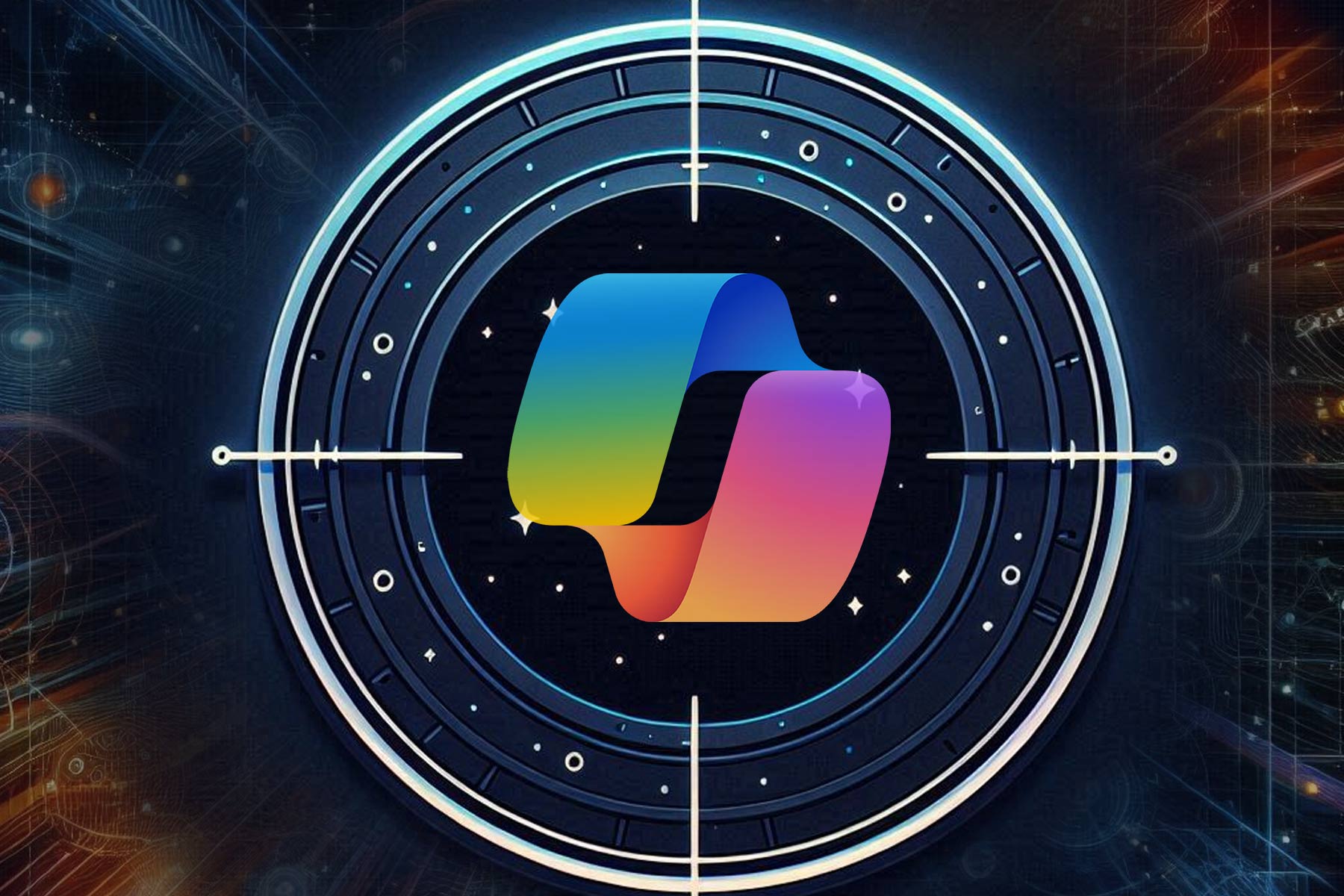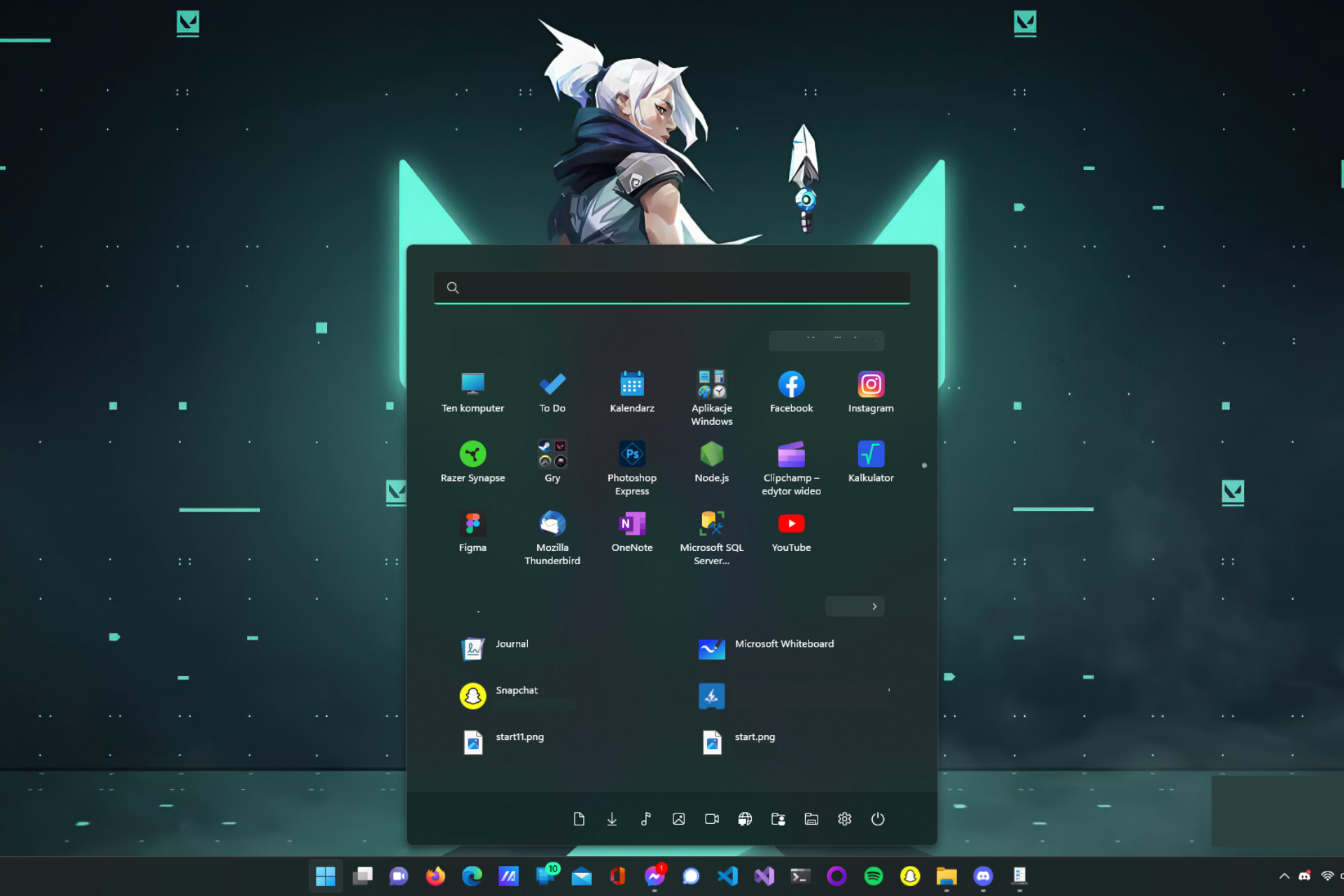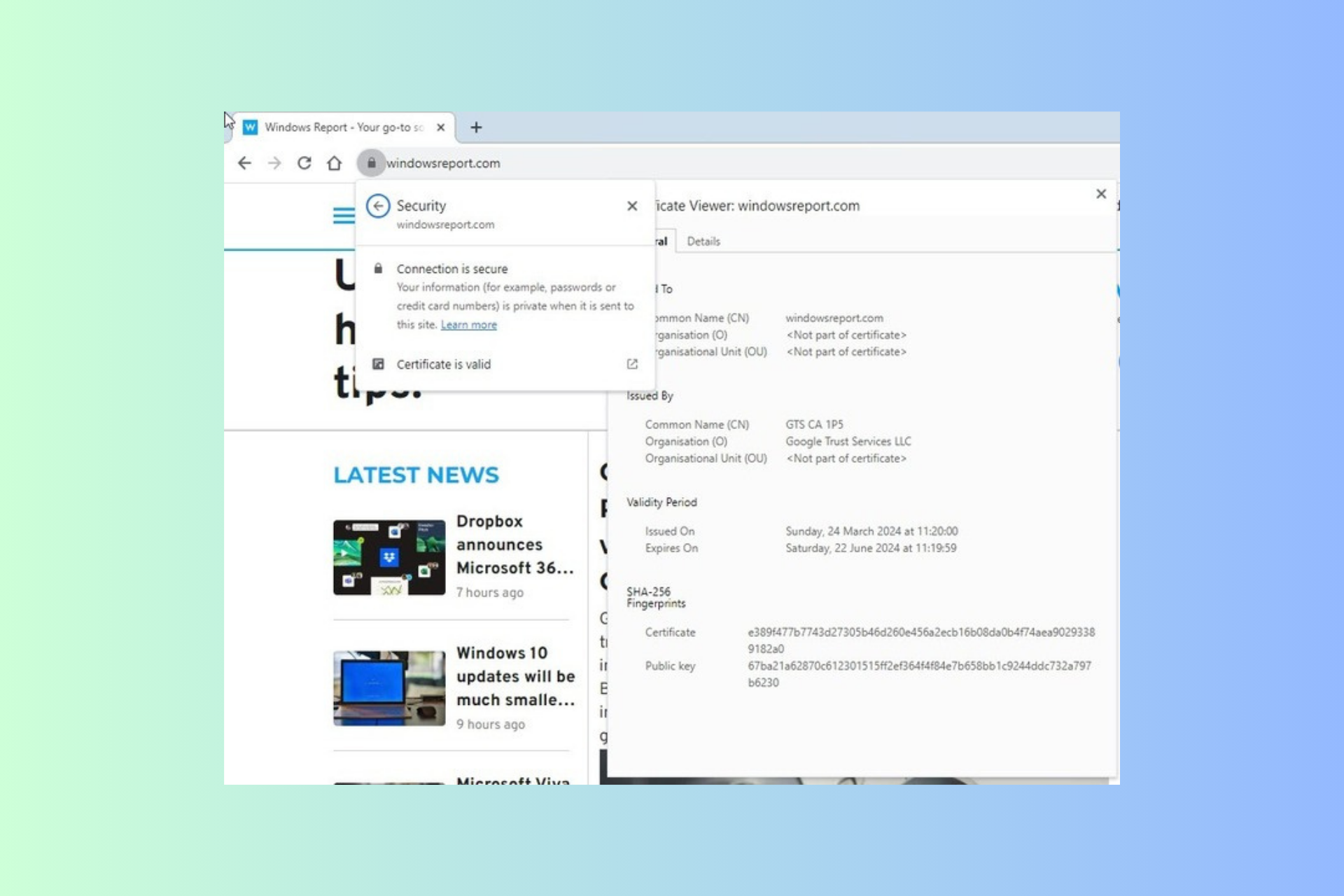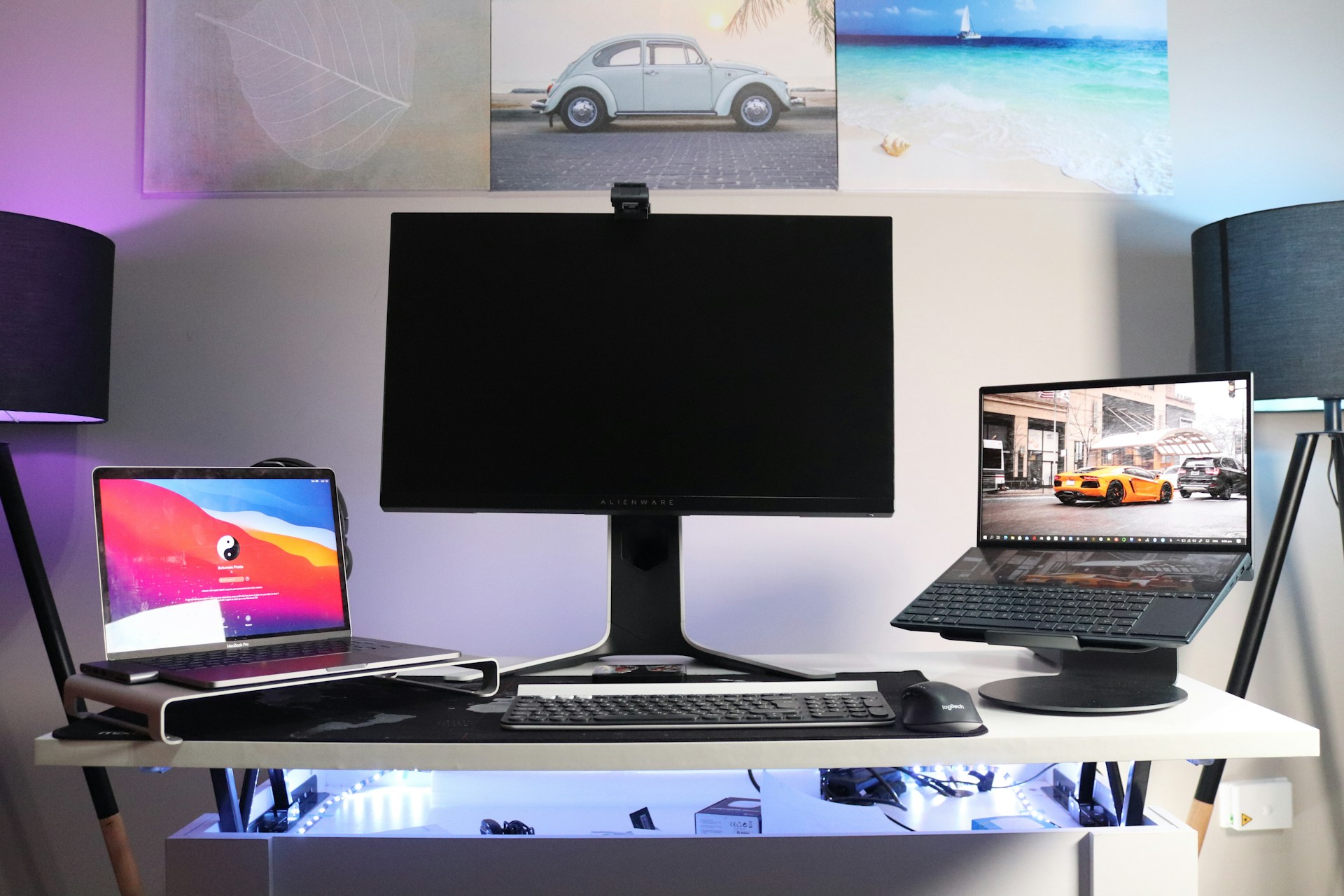New online Windows Health Dashboard works with Windows 10 May 2019 Update and older versions, too
3 min. read
Published on
Read our disclosure page to find out how can you help Windows Report sustain the editorial team Read more
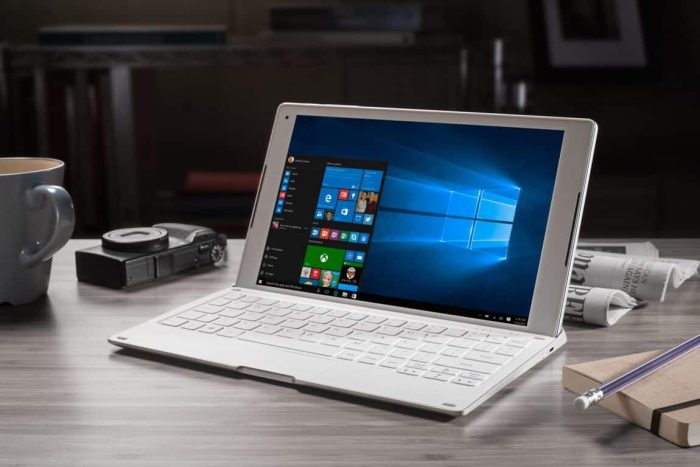
Microsoft has already flipped the switch and has begun rolling out the Windows 10 May 2019 Update to the general public. While it definitely has its share of useful new features, it also has its fair share of known issues that need to be sorted out, which can be seen in the new Windows Health Dashboard.
Microsoft is currently investigating three of these issues, including one that involves a compatibility issue that prevents the display brightness from responding to user adjustments. Some users are also experiencing audio loss when using Dolby Atmos headphones or home theater. Additionally, another issue causes some known folders—such as Documents, Pictures, or Downloads—to be incorrectly redirected to a newly created folder of the same name. Here’s the issues that are being “investigated”:
- Display brightness may not respond to adjustments
Microsoft and Intel have identified a driver compatibility issue on devices configured with certain Intel display drivers.- Audio not working with Dolby Atmos headphones and home theater
Users may experience audio loss with Dolby Atmos headphones or Dolby Atmos home theater.- Duplicate folders and documents showing in user profile directory
If known folders (e.g. Desktop, Documents, or Pictures folders) are redirected, an empty folder with that same name may be created.
Microsoft has also listed nine other issues marked as “mitigated,” including issues with Bluetooth, Wi-Fi, Intel Audio, the Camera app, among others. Here’s the list.
- Error attempting to update with external USB device or memory card attached
PCs with an external USB device or SD memory card attached may get error: “This PC can’t be upgraded to Windows 10.”- Unable to discover or connect to Bluetooth devices
Microsoft has identified compatibility issues with some versions of Realtek and Qualcomm Bluetooth radio drivers.- Night light settings do not apply in some cases
Microsoft has identified some scenarios where night light settings may stop working.- Intel Audio displays an intcdaud.sys notification
Microsoft and Intel have identified an issue with a range of Intel Display Audio device drivers that may result in battery drain.- Cannot launch Camera app
Microsoft and Intel have identified an issue affecting Intel RealSense SR300 or Intel RealSense S200 camera apps.- Intermittent loss of Wi-Fi connectivity
Some older devices may experience loss of Wi-Fi connectivity due to an outdated Qualcomm driver.- AMD RAID driver incompatibility
Installation process may stop when trying to install Windows 10, version 1903 update on computers that run certain versions of AMD RAID drivers.- D3D applications and games may fail to enter full-screen mode on rotated displays
Some Direct3D (D3D) applications and games may fail to enter full-screen mode on rotated displays.- Older versions of BattlEye anti-cheat software incompatible
Microsoft and BattlEye have identified a compatibility issue with some games that use older versions of BattlEye anti-cheat software.
Microsoft has placed safeguards that prevent certain PCs with incompatibility issues from downloading the update until the issue is resolved. The company is currently studying device health and implementing fixes for a small subset of users that have the May 2019 Update, which is being gradually rolled out to the public. This way, it can minimize potentially major issues should they arise.
Microsoft has mentioned on his release blog post that it is committed to increasing transparency by releasing the new Windows Health Dashboard, which allows users to keep track of known issues much more effectively than keeping tabs on KB numbers. It works not just for the May 2019 update, but also the older versions of Windows as well, including all Windows 10 versions from 1507 on, Windows 7 and 8.1, and Windows Server versions beginning with Windows Server 2008 SP2.

